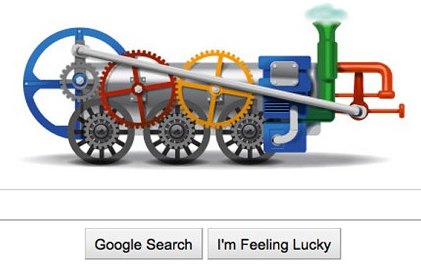GOOGLE is the number you get if you write the numeral 1 and then add 100 zeros. this is a largely lost mathematical factoid that’s been replaced by other meanings.
Google is the most popular internet search engine. (yeah, Duh.)
But something happened in contemporary culture when it was influenced by this culture of the information age. Google made the leap worldwide from a noun (think: person, place, thing, or idea) to a VERB. The noun form of Google standing for a company name sprouted into other parts of speech too.
Adjective: “If you want to know about me, do a Google search.”
Adverb: “He Google searched and found my article.”
Verb: “If you don’t know something, don’t ask me, just Google it!”
A lot of big things happen when this shift happens.
A noun gets this categorically right.
A adjective hones down a noun. Specifics.
An adverb specifies what a verb is doing or what an adjective is describing.
but, a Verb not only shows action (as the definition will tell you), but also taps into the ontological core of the thing itself.
This is helpful to know when we say, for instance, “God is Love.” Love is a noun, verb, adjective (loving) and maybe other things.
I wonder if that’s where we locate transcendence. Language captures crucial shifts in their broad strokes. It works to define parameters we can’t see. The layers ones.
So–Will you be marginalized to just a noun? Or will you flourish into as an adjective and or verb?
Tomorrow will be a PART II to this. The “how” bit.
(Remember to sign up for email or RSS delivery.)

